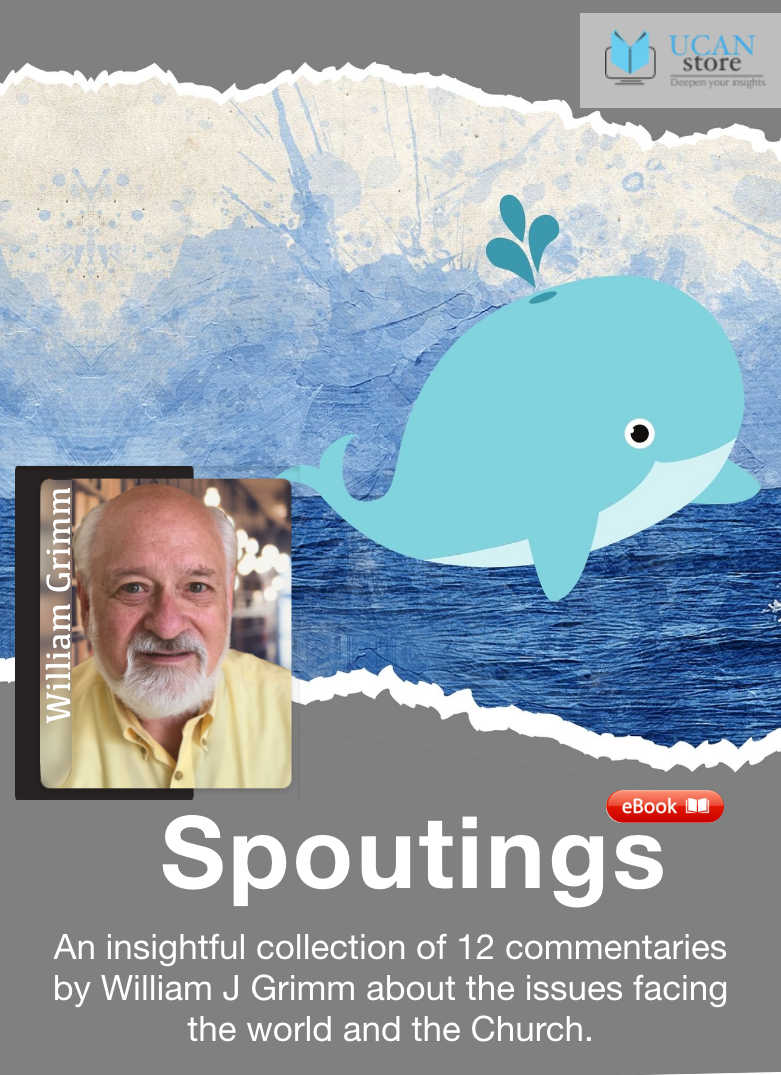

A bride holds the hand of her groom as Hindu couples take part in a mass marriage ceremony on the outskirts of Ahmedabad in western Gujarat state, India, on Feb. 27. (Photo: AFP)
Changes in sexual behavior mirror the changes in society, and in matters of sex, there are few areas where the tension between precept and practice, between norms and reality is more sharply marked.
So, is there room for a more humane sexual ethic today? Is there a third alternative between the repressions of the past and the permissiveness of the present?
Here are a few helpful reflections.
Most people feel uncomfortable when the talk veers around to sexual ethics. Why? Because sex is a great place for moralizing and passing sanctions.
Also, most people are aware that sex is also one of the big reasons for hypocrisy, and ethics is seen (and this perception is correct, I believe) as a form of control by those in power.
That’s putting it bluntly, but history validates this statement.
Throughout the ages, even in the so-called permissive societies of the past, the sexual control of some groups by other groups in power continued without respite.
Men have controlled women. The old have controlled the young. The rich have controlled the poor. And religious people usually controlled everyone else.
Therefore, the first rule for a more humane sexual ethics is the empowerment of persons.
Sexual relationships are meant to be joyful, pleasurable and life-affirming – but they most certainly cannot be so if one of the parties – or both – is in bondage, oppressed, manipulated or subservient.
Empowerment means that one has “the power” to say no or isn’t afraid of saying yes.
It also means recognizing the intrinsic worth and human dignity of the sexual partners. Empowerment means self-respect and the ‘private space’ to be oneself.
It doesn’t take much to see that we are a long way off from complete empowerment at the social and personal level – and therefore also at the sexual level.
This is why sexual ethics remains an area of enforcement, prohibition and legal necessity, where ‘marital rights’ are stressed, where customs and traditions are strongly weighted against certain groups – women, children, tribals, and outcastes.
In other words, where human rights are unequal, sexual rights will also be distorted.
Of course, things are changing, and values are changing too. “The test of a society’s attitudes towards sexuality is the way it looks at the participation of women in the erotic life,” observes psychologist Sudhir Kakar. Does the empowerment of women lead to a more humane sexual ethic? Surely.
But it’s not just empowerment, the sexual relationship must be interpersonal. This is the second rule for a humane sexual ethic: interpersonality within the context of stability and mutuality. An interpersonal relationship open to life.
Through the ages and across cultures, marriage has been the institution through which most sexual relationships are expressed.
Today however we are more aware of the strengths and limitations of most conventional marriages, and how the relationship between persons may be unequal and exploitative.
Where marriages are stable, it is usually at the expense of the woman who must make sacrifices to “keep the family together.” When similar temperaments come together based on an initial harmony of interests, they often don’t last.
This is a uniquely modern challenge – how to make marriages work, and how to stabilize sexual relationships within a framework of mutual passion and support.
Mutuality means sharing a common respect, exchanging not merely “skin contact and an exchange of fantasies” but also one’s deeper desires and fears.
Mutuality implies the ability to care uniquely for not just one’s partner, but also for the children that result from this union. In this, the personalized sexual relationship of marriage becomes progressively “open to life,” not just for oneself, but for one’s family, and indeed for all society.
Shorn of these personal ethical values, sex becomes the occasion of manipulation, violence and exploitation.
In a free society, everything is possible, good as well as evil. So far India has balanced its urges for freedom against the confining traditions of its past, whether in sexual behavior or other social spheres.
A humane sexual ethic tells us that the good of each partner must complement the other, for it is only in this mutuality that personal happiness will last.
*The views expressed in this article are those of the author and do not necessarily reflect the official editorial position of UCA News.


